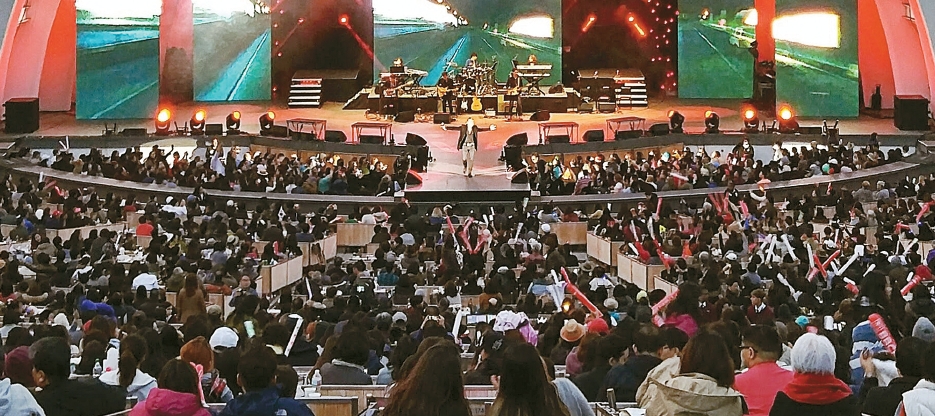Concertgoers are seeing ticket prices soar as platforms increasingly rely on dynamic ticket pricing — a system that adjusts prices in real time based on supply and demand. What once seemed extreme, such as a $10,000 ticket to a Beyoncé concert, is now becoming more common.

One of the most dramatic examples occurred during a recent reunion concert by Oasis—the band’s first in 15 years. Initially priced at around $200, tickets surged to over $500 in real time. Some listings on resale platforms exceeded $30,000. Following fan backlash, the band stated they had no knowledge of the pricing structure. The UK Competition and Markets Authority (CMA) launched an investigation into whether the pricing violated consumer protection laws.
In the United States, Beyoncé’s tickets reaching $10,000 fueled criticism of what some are calling a “concert caste system.” In Los Angeles, fans attending BLACKPINK’s show at SoFi Stadium in Inglewood saw premium seats, originally priced at $500, being resold for over $1,500—even without dynamic pricing applied.
At the center of the pricing surge is Ticketmaster, which controls over 50% of the U.S. concert ticketing market and has adopted a dynamic pricing model powered by AI algorithms. Ticket prices are adjusted automatically based on real-time demand, past sales data, search volume, and activity on resale platforms. Prices rise for high-demand events, smaller venues, or when waiting lists grow. The system is designed to estimate how much a buyer is willing to pay and adjusts prices accordingly.
Dynamic pricing is not unique to concerts. Airlines shift fares based on flight time and seat availability. Hotels charge different rates depending on weekdays, weekends, and seasons. Uber and Lyft implement “pricing” during peak hours. Even e-commerce platforms like Amazon adjust prices surge based on demand, inventory levels, and competitor pricing. Experts agree that pricing has become a moving variable rather than a fixed number.
However, consumer advocacy groups are pushing back. The organization Which? called the practice deceptive, arguing that buyers were misled into paying inflated prices without proper disclosure. They demanded immediate refunds. Fans of country-pop singer Taylor Swift filed a lawsuit against Ticketmaster and its parent company Live Nation, citing unfair pricing structures. This sparked a congressional hearing, and lawmakers in the U.S. House of Representatives introduced a bill requiring platforms to disclose service fees and clearly label dynamic pricing.
Despite growing backlash, dynamic ticket pricing is expected to expand. Platforms continue refining their AI-based pricing models, and limited seating provides strong incentives to maximize profits. Live Nation defended the practice, claiming dynamic pricing allows profits to go to artists instead of ticket scalpers.
Industry analysts agree that concert ticket prices have moved from fixed rates to market-driven values. The $10,000 ticket era has arrived, and the future of pricing will likely depend on how technology, regulation, and fan sentiment evolve together.
BY WONHEE CHO [cho.wonhee@koreadaily.com]




